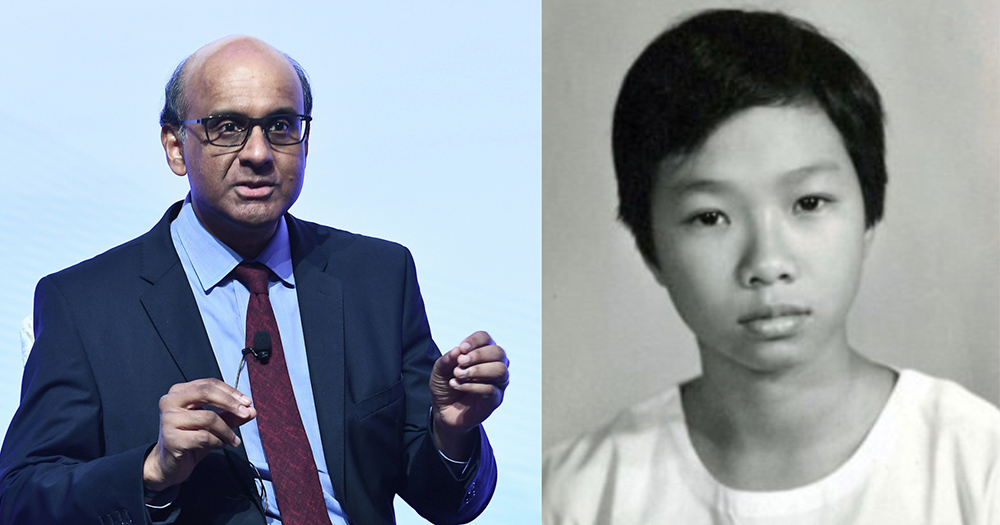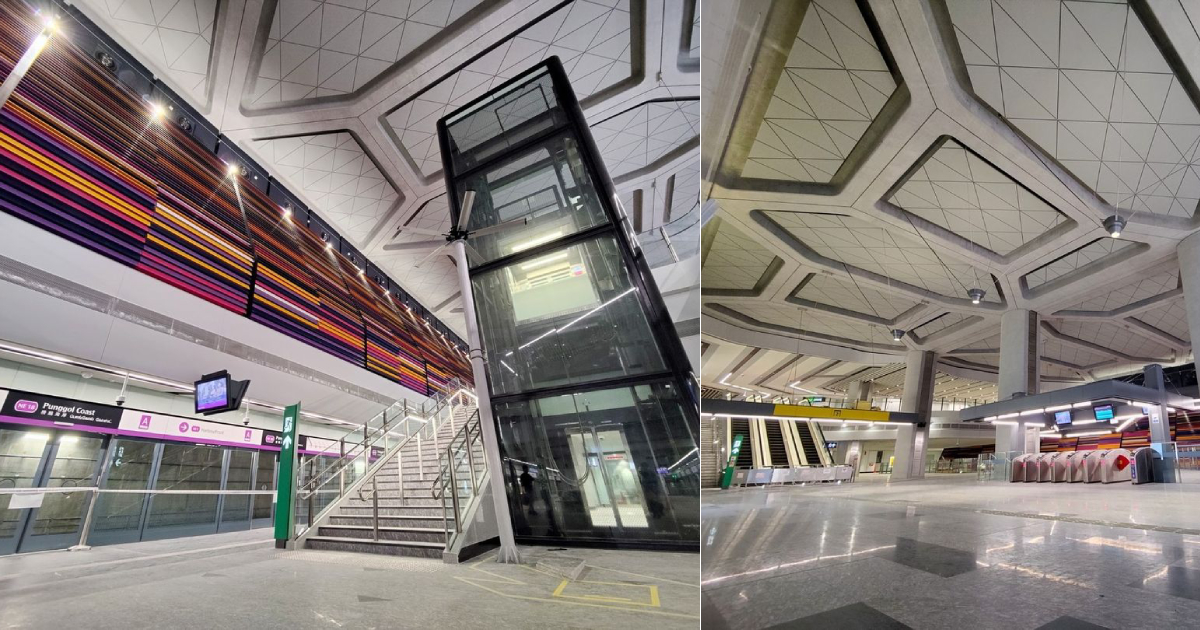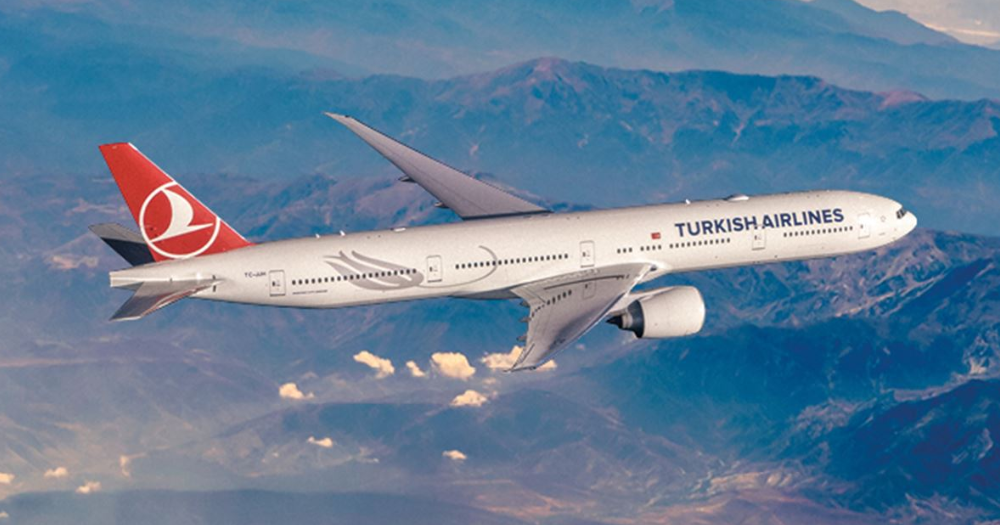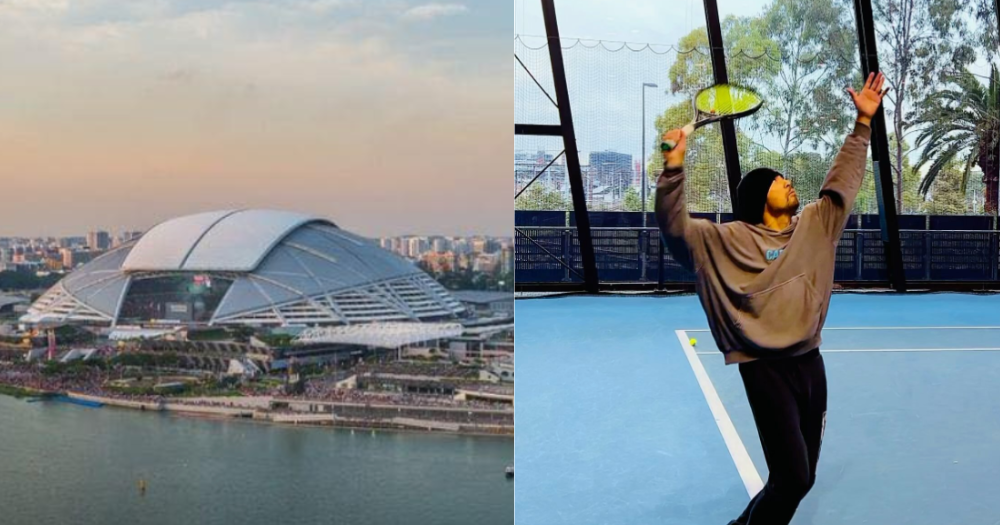Anwar may be pivoting M'sia to Russia as he accepts Putin's invitation to BRICS summit
Anwar said it was "clear testament to the importance Russia places on Malaysia."
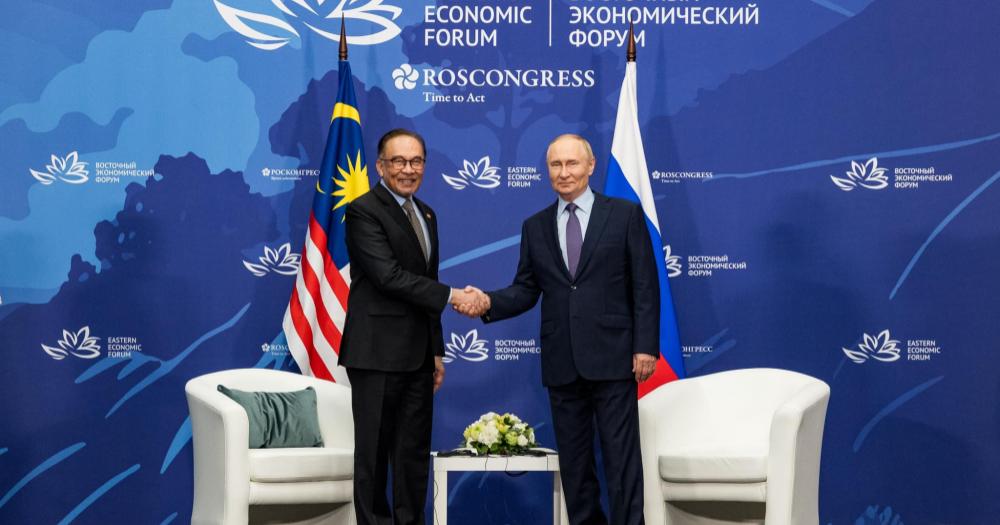
Malaysian Prime Minister Anwar Ibrahim has accepted an invitation from Russia to participate in the October 2024 BRICS summit in Russia.
Bilateral cum working dinner session
According to the Malay Mail, Anwar accepted the invitation on Sep. 4 while having a working dinner with Russia's President Vladimir Putin.
Anwar was on an anticipated working visit to Russia to attend the Eastern Economic Forum, where he has held bilateral meetings with Putin.
In a post on his social media, Anwar said he was pleased to accept Putin’s personal invitation for Malaysia to participate in the Oct. 22-24 BRICS summit in Kazan, Russia.
The invitation came during a “protracted and substantive bilateral cum working dinner session”, and Anwar claimed it was a “clear testament to the importance Russia places on Malaysia”.
Anwar said it marked “a significant step towards our ultimate goal of joining the grouping.”
Meanwhile, Anwar continued to advocate for an end to conflicts.
He expressed his hope that Russia would “pursue a constructive path towards a peaceful and sustainable resolution” to the conflict in Ukraine, without mentioning that it was Russia who launched an invasion of Ukraine.
Anwar also called for the international community to intensify pressure to “end Israel’s ruthless genocidal campaigns” in Gaza.
A pivot turns, but does not move
BRICS was originally a term used to highlight certain emerging markets, but eventually grew into an actual geopolitical grouping formed by Brazil, Russia, India, China, and South Africa, where grouping draws its name.
It later expanded to include countries like Saudi Arabia, Egypt, Iran, Ethiopia, and the United Arab Emirates.
Malaysia formally applied to join BRICS in June 2024, in what appears to be a pivot away from the United States and a more Western-oriented foreign policy.
This view was reinforced when Anwar at the time condemned the West’s “control of global discourse”, adding that independent countries should be free to express themselves.
However, academic observers of Malaysia’s foreign policy, such as in this article published by Fulcrum, suggest that Malaysia’s fundamental policy has not changed.
Instead, it continues a tradition of non-alignment and being willing to work with an array of powers and blocs to further Malaysia's national interests.
The article suggests that its BRICS membership bid is an economically pragmatic one.
Pragmatic and domestic concerns
The Fulcrum article also suggests that domestic pressures within Malaysia are influencing its leadership to signal that it has heard the population's “concerns about U.S. leadership.”
The article points out that while Malaysia seeks to join BRICS, it continues to actively engage in other Western-led initiatives, such as the Comprehensive and Progressive Agreement for Trans-Pacific Partnership (CPTPP), and the U.S.-led Indo-Pacific Economic Framework (IPEF); as well as maintaining military ties with it.
In this way, the BRICS membership bid is not just for national interest, or a step away from the U.S., it also signals concern about the U.S.’s commitment to the region.
By way of example, the U.S. has expressed no commitment to joining CPTPP, despite it being the main proponent of its predecessor, the Trans-Pacific Partnership.
It is also not offering meaningful market access through IPEF.
Malaysia is also not the only Southeast Asian state to take an interest in BRICS, with Thailand also indicating that it is interested in joining.
But as the Fulcrum article pointed out, Malaysia needs significant quality investment, and while it can benefit from the involvement of other BRICS nations, they are unlikely to be able to replace investment from the U.S. and other Western countries, yet.
Related stories
Top image via Anwar Ibrahim/Facebook
MORE STORIES








